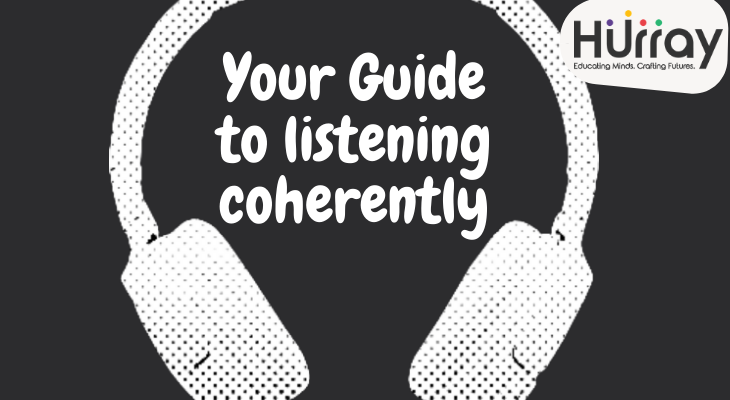IELTS Listening can be tricky, especially when the speakers speak fast in foreign accents. However, there are some tricks to listening and understanding better.
We will show you how to use signpost words in IELTS Listening – read on to learn more!
What are Signpost Words and How to Use Them?
Signpost words help you understand what the speaker is doing, and to correctly interpret whatever the speaker says next.
As you listen, look out for such words – they will help you understand what kind of information you will get and how to use it.
Types of Signpost Words
1. Introducing Topic
These phrases, usually at the beginning of the recording, tell you what the main topic is.
-
My central argument is…
-
I will be discussing…
-
“What can I do for you?” “I would like/need…” (in a conversation)
2. Sequence of Ideas
These help you identify the main ideas, and when one ends and the next begins.
-
Three main points/targets/aspects etc.
-
Firstly, Secondly…
3. Similar Ideas
These give you more evidence that confirms what was said before.
-
Similarly
-
Likewise
-
In the same way
4. Contrasting Ideas
This is an important signpost – sometimes, you may hear a word in the recording and think that it is the answer. But if followed by one of these phrases, you realise that it is not necessarily true.
-
However
-
On the other hand
-
Yet
Other signposts include:
-
main words come at the end of a sentence e.g. I need this done today.
-
rhetorical questions e.g. What does this mean for the environment?
Hope you found this information on signpost words in IELTS Listening useful. Watch videos on IELTS Listening Tips from our Hurray channel. Do not forget to subscribe!
To know more about it join IELTS Online or IELTS Classroom Training with Hurray. Reach out to us at info@hurrayedutech.com or call us at 9900426501.
Hurray offers Study Abroad consultation, IELTS/PTE/OET, and Spoken English programs. Visit our website https://www.hurrayedutech.com/ for more information.











Post Comments